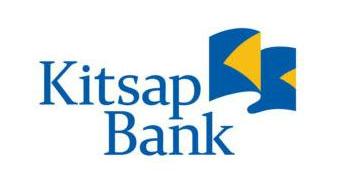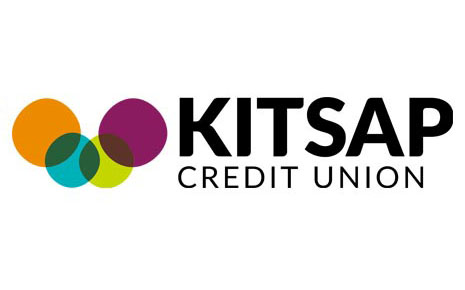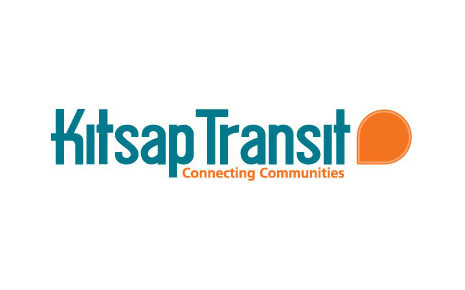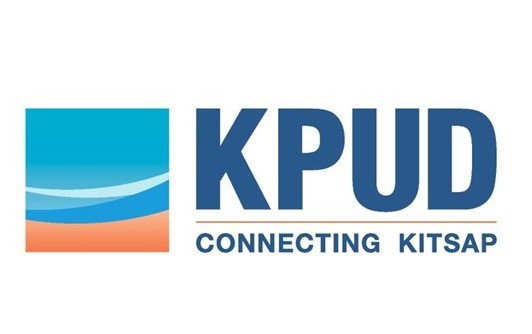Preparing for Potential Federal Government Shutdowns: A Contractor's Guide
.jpg)
27 Feb 2024
PTAC, APEX Accelerators, Government Contracting, Federal Shutdown
Congress is racing toward a March 1 partial government shutdown - what are the implications for government contractors?
By Terry Homburg & Mary Jo Juarez, KEDA APEX Accelerator Program
In today's uncertain climate, understanding the implications of a Federal Government Shutdown is crucial for contractors working with government agencies. While such events may seem infrequent, they pose significant challenges and require proactive planning. This article provides essential insights and actionable steps to navigate through potential shutdown scenarios effectively.
Understanding the Dynamics A Federal Government Shutdown exclusively impacts federal government agencies, not state or local entities. Annually, by September 30th, Congress and the President must choose one of three actions: pass an annual appropriation bill, enact a Continuing Resolution Act (CRA), or face a shutdown due to budgetary disagreements. Over the past five decades, there have been 21 shutdowns, with notable occurrences in December 2018-January 2019 (34 days), 2013 (17 days), and 1996 (21 days).
Who Is Affected?
The impact of a shutdown extends to federal government civil service civilian employees, military personnel, and contractors with federal government contracts. Contractors face the dilemma of either continuing work without pay or receiving a stop-work notice, both scenarios disrupting cash flow. The repercussions of a shutdown cascade through communities, affecting everyone involved.
Mitigating Risk
Contractors receive directives from their agency's Contracting Officer or Representative regarding contract-related actions during a shutdown. Regardless of the instruction received, contractors face financial strain as payments are halted due to absent federal workers processing invoices. Hence, diversifying business ventures across various government contracts becomes imperative to mitigate risks associated with shutdown-induced disruptions.
Documentation and Preparedness
During a shutdown, meticulous documentation of costs incurred becomes essential for equitable adjustment requests post-reopening. Moreover, anticipating employee retention challenges and associated costs, such as recruitment and training, is crucial. A trusted advisor, like an APEX Counselor, can offer guidance through these complex processes.
Actionable Steps
- Review existing contracts to understand obligations and shutdown clauses' implications.
- Engage with contracting officers for clarity on contract-specific impacts and guidance.
- Ensure financial resilience by setting aside funds or exploring financial assistance options.
- Assess supply chain vulnerabilities and develop contingency plans with critical suppliers.
- Determine essential personnel for contract continuity and plan for workforce adjustments.
- Maintain thorough records of all interactions with government agencies.
- Develop a comprehensive shutdown plan outlining prioritized contracts, financial management, and communication strategies.
- Consider long-term diversification strategies to reduce reliance on federal contracts.
Conclusion
In navigating the complexities of potential Federal Government Shutdowns, preparation is key. Leveraging resources like APEX Counselors can provide invaluable support in developing robust strategies and mitigating adverse impacts. By adopting a proactive approach and implementing the outlined steps, contractors can better safeguard their operations and thrive amidst uncertainty.
Remember, your APEX Counselors are here to assist you in planning for the future or navigating through a shutdown effectively. (NOTE: Counseling is provide free of charge to current APEX clients. Sign up here)
You can also view an on-demand recording of What to Do During a Federal Government Shutdown
KEDA's APEX ACCELERATOR TEAM
 |  |  |
Mary Jo Juarez | Terry Homburg | James Davis |
More Topics

















.png)

.png)




.png)



